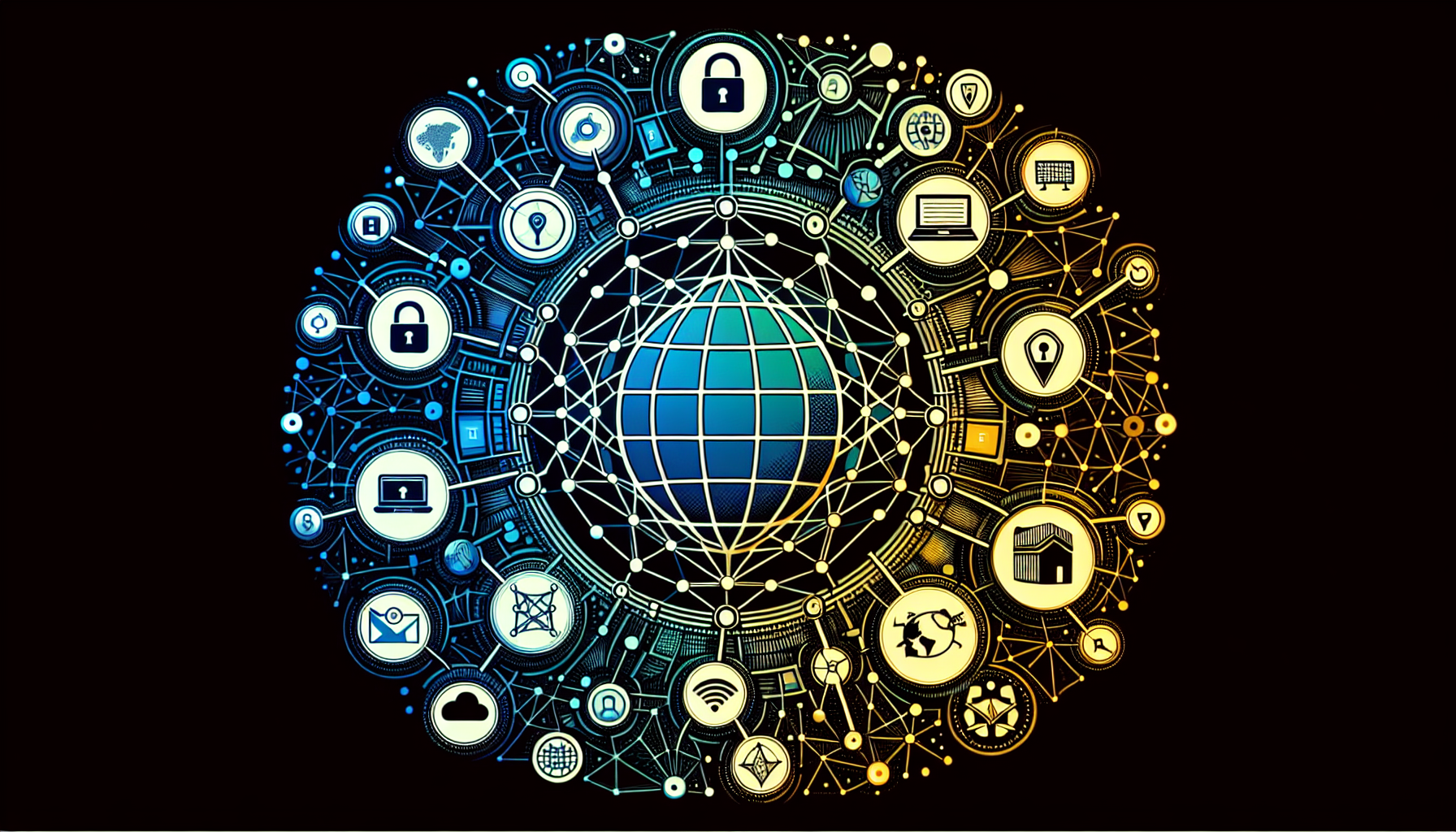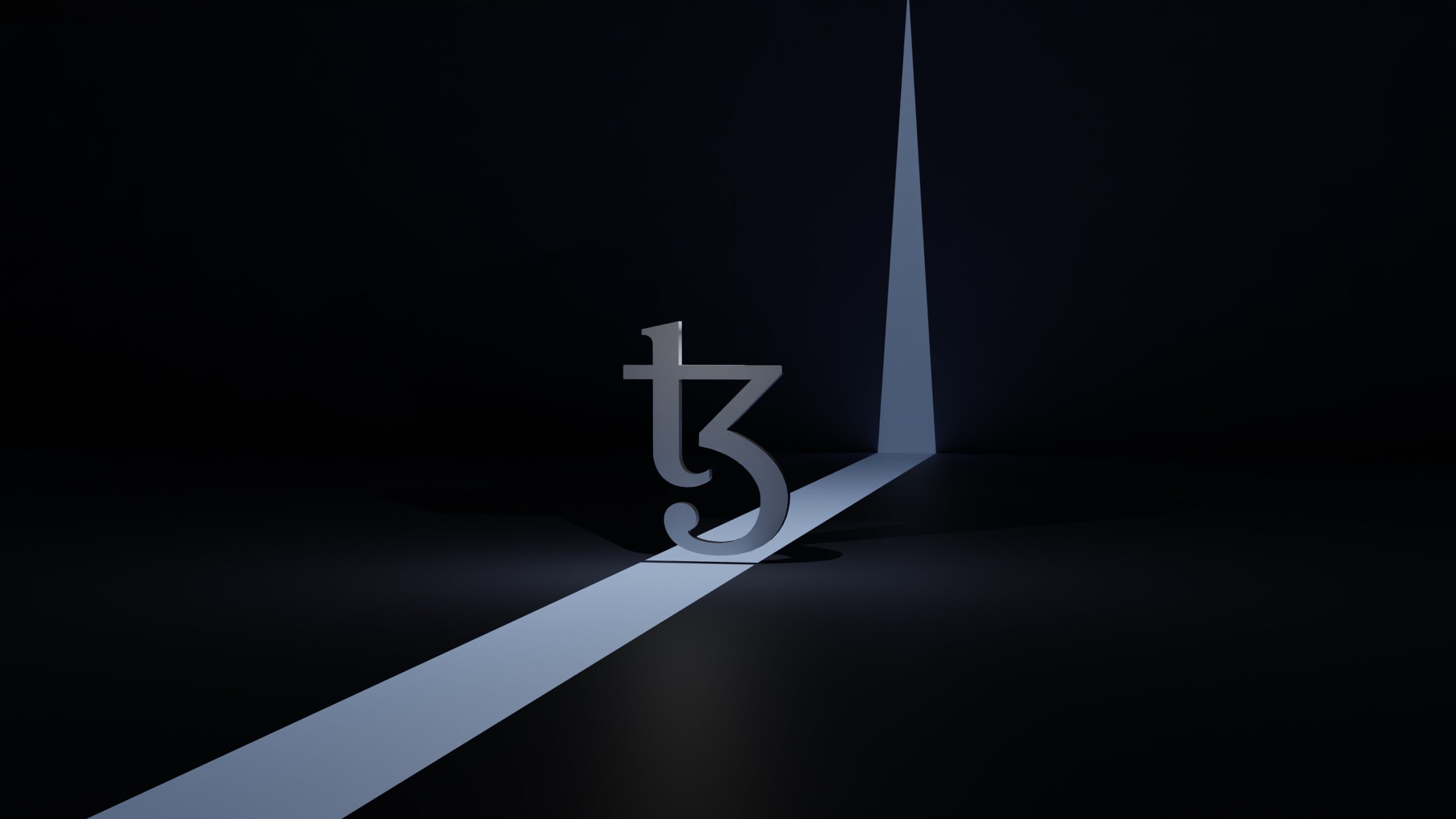Are you tired of the centralized control that big tech companies have over the internet? Do you dream of a more open and fair online world? Look no further than Web3, the next evolution of the internet. With its focus on decentralization, Web3 aims to empower individuals and give them more control over their online experiences. In this article, we will explore the concept of Web3 and its potential to revolutionize the way we interact with the internet. Get ready to embark on a journey towards a more democratic and user-centric online ecosystem.
Web3 and the Vision of a Decentralized Internet

Understanding Web3
Web3, also known as Web 3.0, refers to the vision of a decentralized internet that aims to enhance privacy, security, and user control over data. It represents a paradigm shift from the current Web 2.0, which is characterized by centralized platforms and services. Web3 envisions a future where individuals have sovereignty over their data and can freely interact with decentralized applications (dApps) and services without the need for intermediaries.
The Current Internet Landscape
Web2, which dominates the current internet landscape, has its limitations. It is primarily characterized by the centralization of power, data ownership and control by a few tech giants, internet censorship, and privacy concerns. The current internet ecosystem is largely controlled by a handful of companies, which can lead to a lack of competition and innovation.
Challenges with Web2
The centralization of power in Web2 creates several challenges. Data monopolies, lack of transparency, trust and security issues, dependency on intermediaries, slow and inefficient transactions, and the lack of user control are some of the challenges faced by Web2 users. These challenges not only limit user freedoms but also pose risks to data privacy and security.
The Vision of a Decentralized Internet
Web3 envisions a decentralized internet that addresses the limitations of Web2 and empowers users. The core principles of Web3 include democratization of data, enhanced privacy and security, freedom of expression and information, eliminating single points of failure, empowering individuals and communities, ensuring inclusive global access, and resilience against censorship.
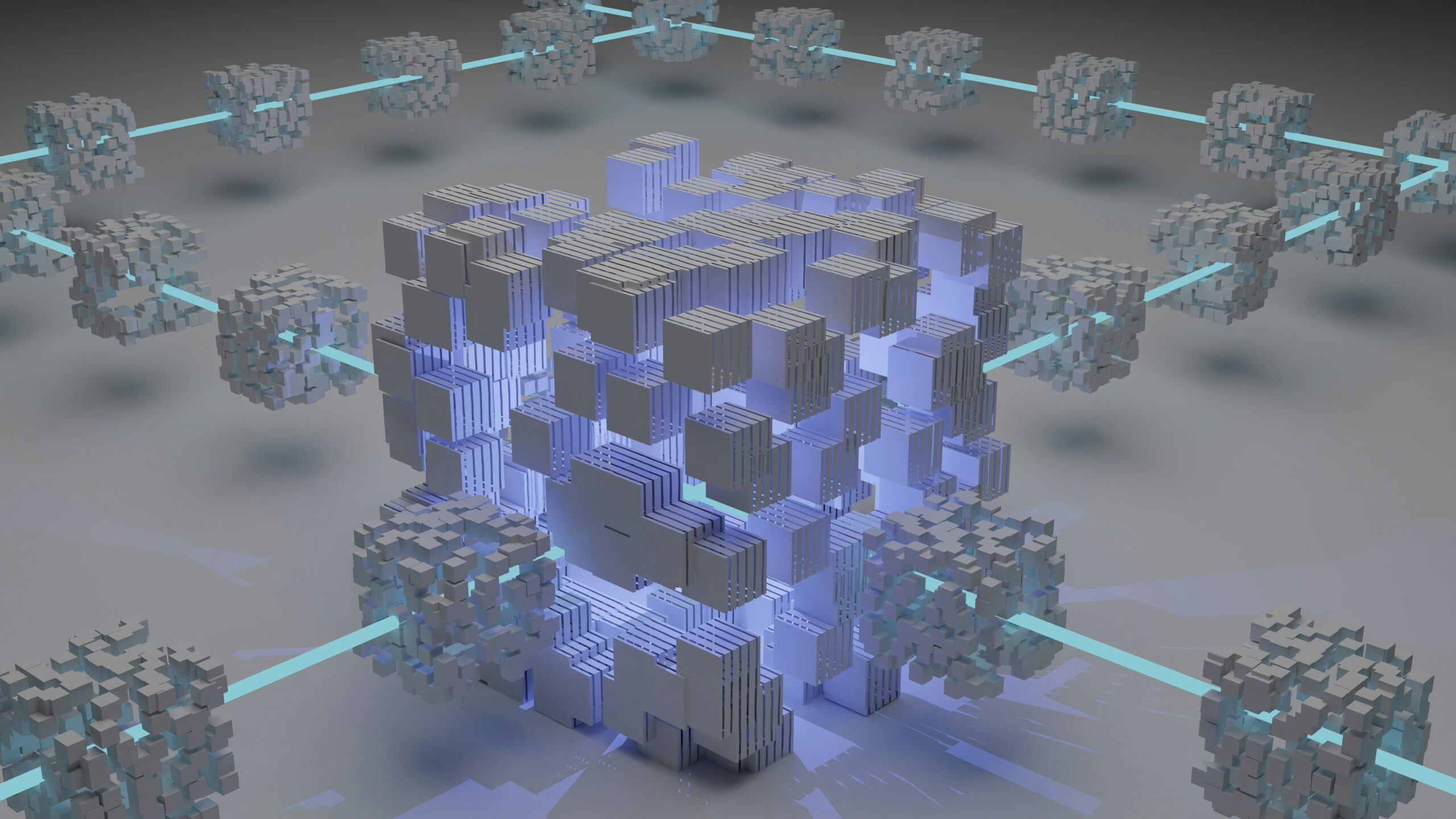
Web3 Principles
Web3 is built upon a set of principles that guide its development. These principles include openness, interoperability, privacy and security, self-sovereignty, censorship resistance, incentivization, transparency, and collaboration. These principles ensure that Web3 applications and platforms are user-centric, decentralized, and promote fairness and inclusivity.
Blockchain Technology and Web3
Blockchain technology plays a central role in Web3. A blockchain is a decentralized and immutable ledger that records transactions and stores data across a network of computers. It ensures transparency, security, and trust without the need for intermediaries. Smart contracts, consensus mechanisms, and decentralized applications are key components of blockchain technology that enable the functioning of Web3.
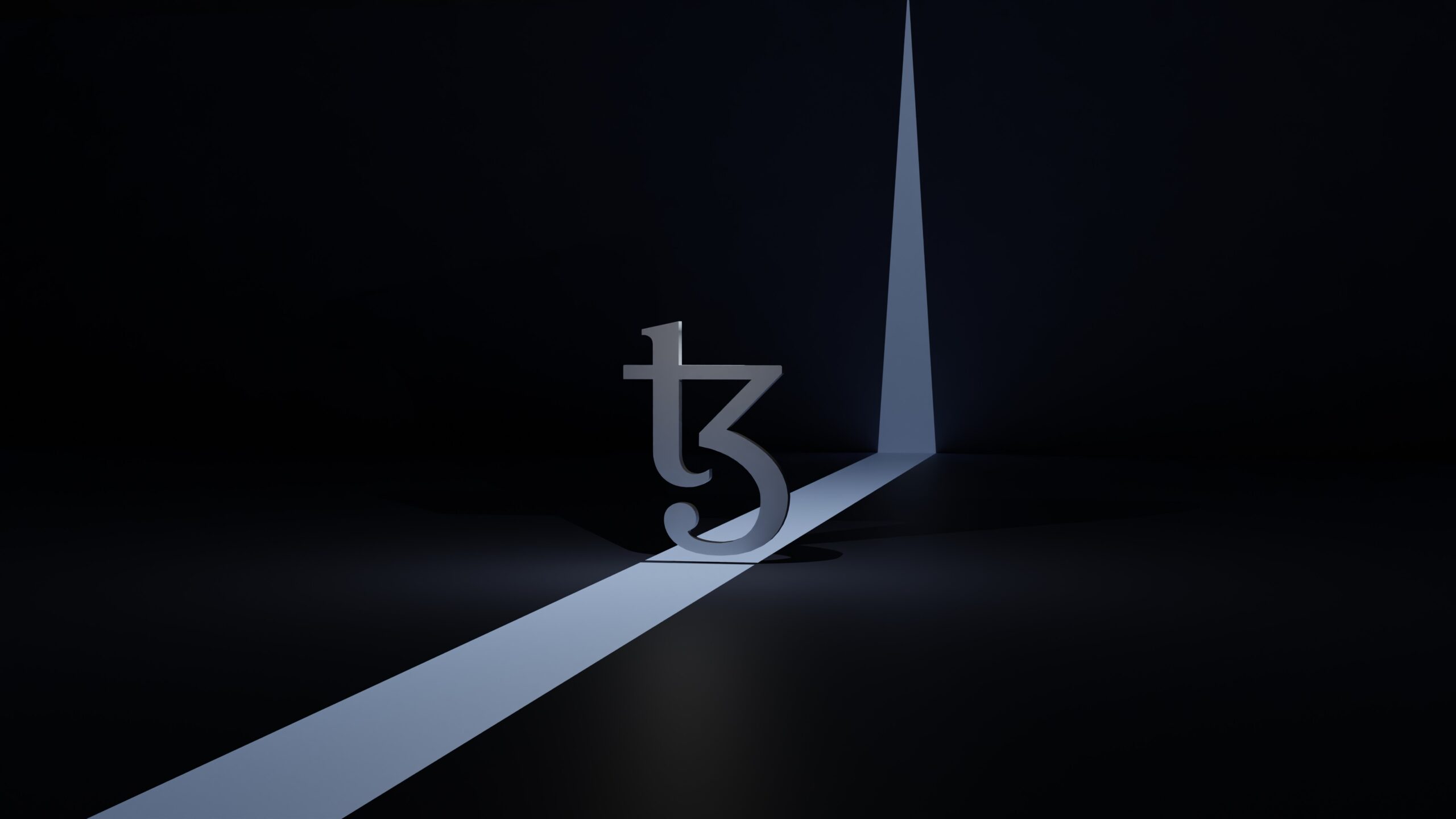
Interoperability and Web3
Interoperability is crucial for the success of a decentralized internet. Web3 aims to enable seamless communication and interaction between various blockchain networks, protocols, and dApps. Cross-chain communication and blockchain interoperability protocols facilitate the exchange of assets, data, and information across different blockchain networks, fostering collaboration and innovation.
Security and Privacy in Web3
Web3 prioritizes security and privacy to protect user data and ensure trust in the decentralized ecosystem. Technologies such as decentralized identity, encryption, zero-knowledge proofs, decentralized authentication, and secure multi-party computation contribute to enhancing security and privacy in Web3. These technologies give users control over their data and enable secure and anonymous transactions.
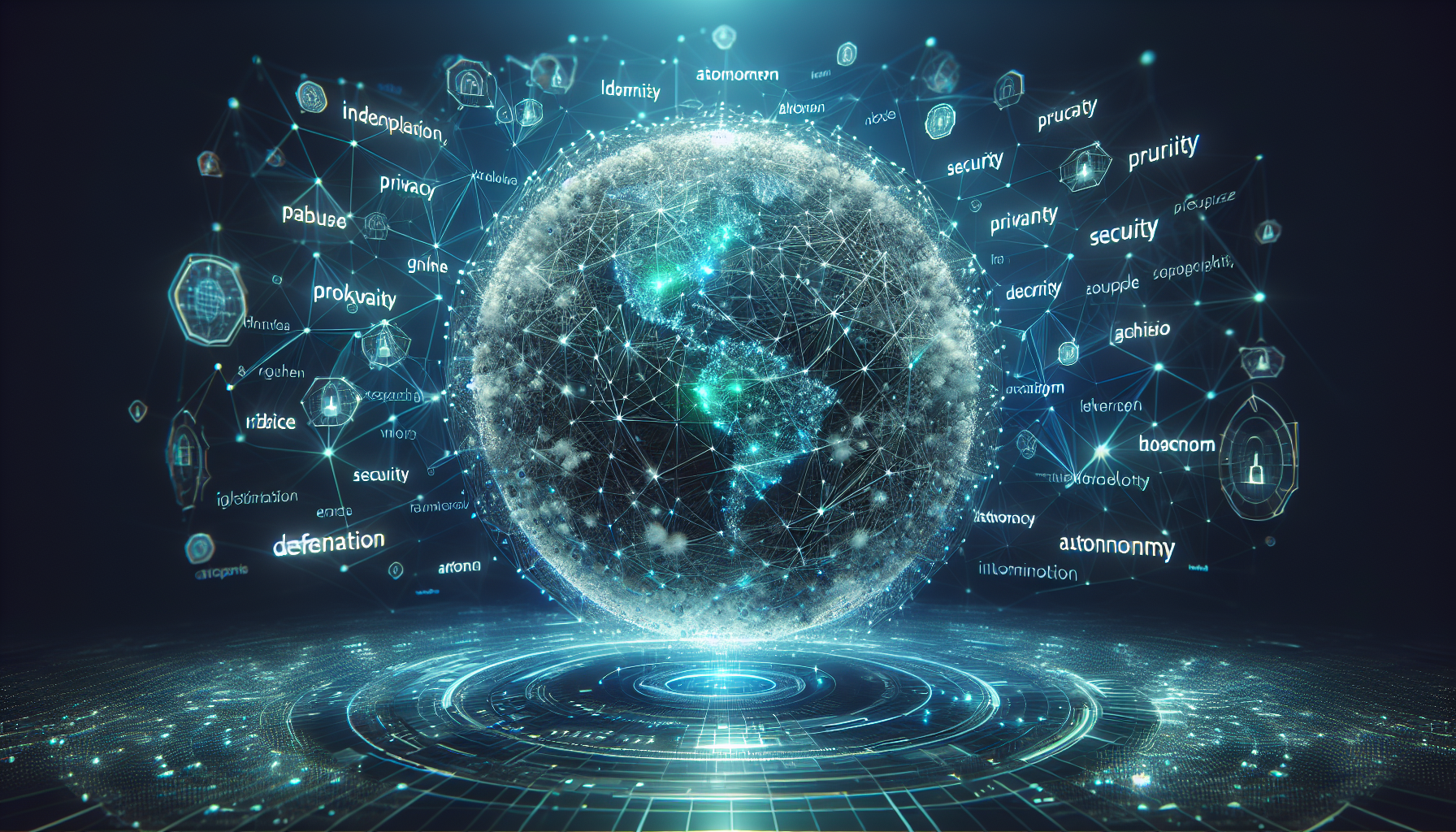
Governance in a Decentralized Internet
In a decentralized internet, governance is a critical aspect to ensure fairness, accountability, and decision-making. Decentralized governance models aim to distribute power and decision-making authority among participants in the network. Various governance mechanisms such as DAOs (Decentralized Autonomous Organizations) and decentralized voting systems help in creating a more democratic and inclusive internet.
Implications and Potential Applications of Web3
Web3 has the potential to disrupt various industries and enable new applications and use cases. In finance, decentralized finance (DeFi) platforms are transforming traditional financial systems, enabling peer-to-peer transactions, lending, and investment opportunities. Artificial intelligence and machine learning can benefit from Web3 by leveraging decentralized data and training models while ensuring privacy and trust. Supply chain management can be revolutionized by utilizing blockchain’s transparency and traceability features. Social media and content platforms can be decentralized, empowering users and rewarding content creators. Energy and sustainability initiatives can leverage Web3 to enable peer-to-peer energy trading and incentivize sustainable practices. Healthcare and personal data can be secured and controlled by users through decentralized systems.
In conclusion, Web3 represents the vision of a decentralized internet that aims to overcome the limitations of Web2 and empower users. It promotes principles such as openness, interoperability, privacy and security, self-sovereignty, censorship resistance, incentivization, transparency, and collaboration. Blockchain technology plays a crucial role in Web3, enabling decentralized and secure transactions. Interoperability, security, privacy, governance, and the potential applications of Web3 offer promising possibilities for a more inclusive, user-centric, and resilient internet ecosystem. As Web3 continues to evolve, its impact on various industries and society as a whole is expected to be significant.
